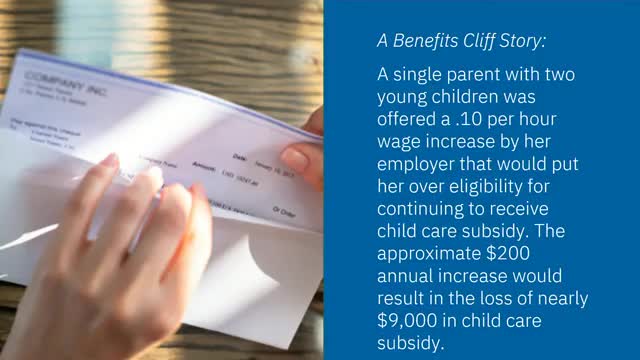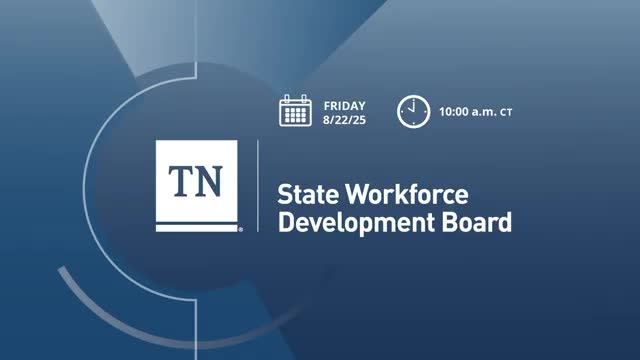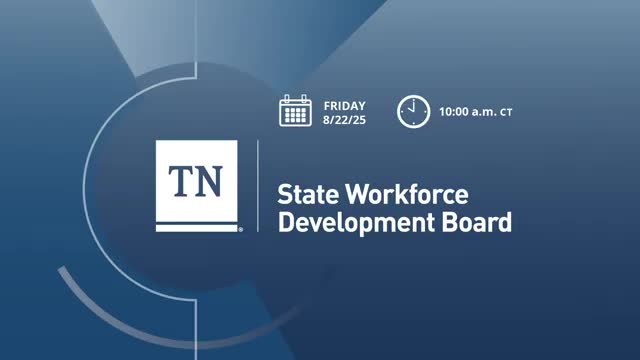Article not found
This article is no longer available. But don't worry—we've gathered other articles that discuss the same topic.

State Workforce Board adopts bylaws revisions to align with Executive Order 109; oversight committee to inventory statewide workforce funding

State workforce board backs staff plan to pilot benefits‑cliff tools after Atlanta Fed briefing; Martha O’Brien pilot shows income gains

